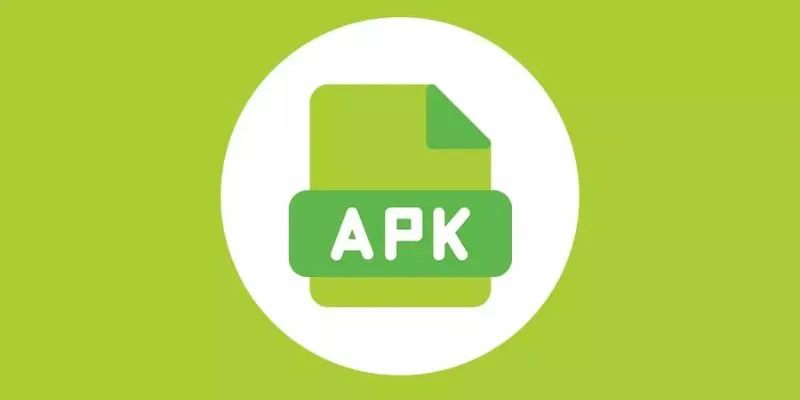Learning French is an exciting journey, with the promise of connecting with a rich culture, beautiful literature, and millions of speakers worldwide. However, like mastering any new language, it comes with its own set of challenges. Understanding these hurdles can help learners navigate their French language learning journey more effectively. Enrolling in a French Institute in Pondicherry can provide structured guidance to overcome these challenges.
Pronunciation and Phonetics
French pronunciation can be tricky, especially for English speakers. The language is filled with nasal sounds, silent letters, and words that may look familiar but are pronounced differently. For instance, the word “eau” (meaning water) is pronounced “oh,” which can be confusing. Moreover, understanding when and how to link words, a phenomenon called “liaison,” adds to the complexity. Mastering the French accent requires consistent listening practice and repeating words or phrases to get used to the sounds.
Gendered Nouns
One of the most challenging aspects of learning French is understanding gendered nouns. Every noun in French is either masculine or feminine, which often seems arbitrary to non-native speakers. For example, a table (“la table”) is feminine, while a book (“le livre”) is masculine. Remembering the correct article and adjective agreement can be daunting. However, consistent exposure to the language and practice with sentence construction can gradually make this easier. A Spoken English Class in Dindigul will offer exercises to help solidify these concepts.
Verb Conjugations and Tenses
French verbs can be a stumbling block for many learners. The language has numerous verb tenses, each with specific rules and exceptions. Regular and irregular verb conjugations often feel overwhelming, especially for beginners. For instance, the verb “être” (to be) is irregular and doesn’t follow typical conjugation patterns. Understanding how to correctly use past, present, and future tenses takes time and practice. Focusing on the most commonly used verbs and tenses initially can make this process less intimidating.
Complex Grammar Rules
French grammar is notorious for its complexity. The rules can be overwhelming, from subject-verb agreement to prepositions and word order. For example, adjectives in French usually follow the noun they describe, unlike in English. Additionally, there are rules about when to use formal versus informal speech, which can be confusing in different contexts. Paying attention to these details and practicing them in real-life scenarios can improve grammar proficiency. A Spoken English Classes in Tirupur will help clarify these rules and offer targeted practice to build confidence.
False Friends (Faux Amis)
False friends, or “faux amis,” look similar in English and French but have different meanings. For example, the French word “librairie” means bookstore, not library. Such words can lead to misunderstandings and mistakes for learners. Learners should regularly expand their vocabulary and double-check meanings when encountering new words to tackle this.
Listening and Comprehension
Understanding spoken French can be challenging, even for advanced learners. Native speakers often speak quickly; informal conversations may include slang, contractions, or idiomatic expressions. Words often blend in natural speech, making it hard to distinguish where one word ends and another begins. Listening to French music, podcasts, or movies and practicing with native speakers can enhance listening comprehension.
Building Vocabulary
Learning new vocabulary is an essential but daunting part of mastering French. With thousands of words and phrases to memorize, it’s easy to feel overwhelmed. Many learners struggle to retain new words, especially if they don’t practice regularly. Using flashcards, engaging in conversations, or writing daily journals in French can help reinforce vocabulary retention. A Spoken English Classes in Pondicherry offers structured vocabulary-building activities to help learners retain and apply new words efficiently.
Maintaining Motivation
Like any long-term endeavor, learning French requires sustained motivation. Many learners experience periods of frustration or stagnation, where progress feels slow. External pressures or unrealistic expectations can also dampen enthusiasm. Setting achievable goals, celebrating small victories, and immersing oneself in French culture can make learning enjoyable and fulfilling.
Navigating Cultural Nuances
French is more than just a language—it’s deeply intertwined with culture. Learners often find it challenging to understand cultural references, idioms, or humor unique to French-speaking regions. For instance, greetings, gestures, or even how questions are phrased may vary significantly. Engaging with native speakers, consuming French media, and learning about the culture can bridge this gap.
Learning French is a rewarding experience, but it does come with its challenges. Each step tests a learner’s patience and determination, from pronunciation hurdles to mastering grammar rules and vocabulary. However, these challenges can be overcome with consistent effort, practice, and the right strategies. Embrace the process, and remember that every mistake is an opportunity to grow. A Spoken English Classes in Madurai can be the perfect stepping stone to overcoming obstacles and achieving fluency in French.



